Navigating The Vineyards: A Guide To The Livermore Valley Wine Region
By admin / July 2, 2024 / No Comments / 2025
Navigating the Vineyards: A Guide to the Livermore Valley Wine Region
Related Articles: Navigating the Vineyards: A Guide to the Livermore Valley Wine Region
Introduction
In this auspicious occasion, we are delighted to delve into the intriguing topic related to Navigating the Vineyards: A Guide to the Livermore Valley Wine Region. Let’s weave interesting information and offer fresh perspectives to the readers.
Table of Content
- 1 Related Articles: Navigating the Vineyards: A Guide to the Livermore Valley Wine Region
- 2 Introduction
- 3 Navigating the Vineyards: A Guide to the Livermore Valley Wine Region
- 3.1 Understanding the Livermore Valley Winery Map
- 3.2 Benefits of Using a Livermore Valley Winery Map
- 3.3 Frequently Asked Questions (FAQs) About Livermore Valley Winery Maps
- 3.4 Tips for Using a Livermore Valley Winery Map
- 3.5 Conclusion
- 4 Closure
Navigating the Vineyards: A Guide to the Livermore Valley Wine Region
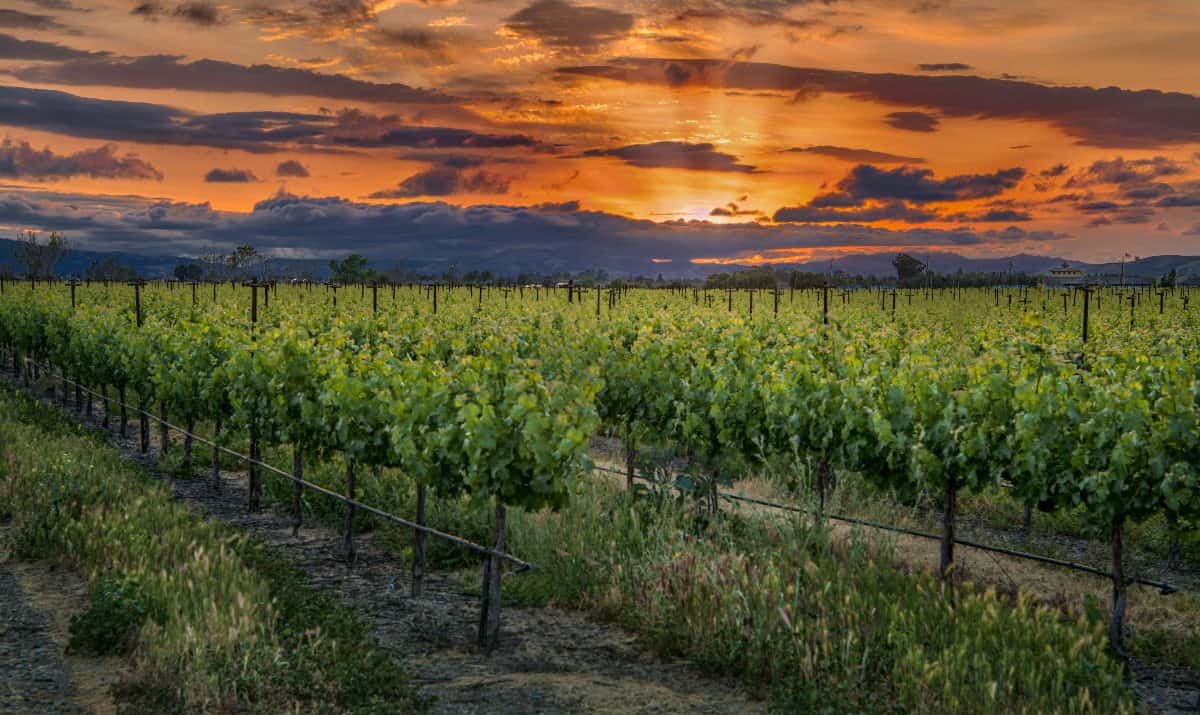
The Livermore Valley, nestled in the East Bay region of California, boasts a vibrant wine scene that has been steadily gaining recognition for its unique terroir and quality wines. With over 40 wineries dotting the landscape, a visual representation of this region – a Livermore Valley winery map – is a crucial tool for any wine enthusiast looking to explore the area.
Understanding the Livermore Valley Winery Map
The Livermore Valley winery map serves as a comprehensive guide to the wineries in the region, offering a visual overview of their locations, proximity to each other, and access to amenities. It is a valuable resource for both seasoned wine connoisseurs and casual drinkers seeking a relaxing day trip or a weekend getaway.
Key Features of a Livermore Valley Winery Map:
- Geographic Representation: The map typically depicts the valley’s topography, highlighting the key roads and highways leading to wineries.
- Winery Locations: Each winery is marked with a symbol or icon, often accompanied by its name and address.
- Wine Tasting Rooms: The map often differentiates between wineries with tasting rooms open to the public and those that require appointments or are production-only facilities.
- Additional Information: Some maps may include information about nearby restaurants, hotels, attractions, and other points of interest, enhancing the overall experience.
Benefits of Using a Livermore Valley Winery Map
- Efficient Planning: The map facilitates efficient planning of winery visits, allowing travelers to optimize their route and maximize their time in the region.
- Discovery of Hidden Gems: The visual representation helps uncover lesser-known wineries that might otherwise go unnoticed, offering a chance to discover new favorites.
- Enhanced Wine Tourism: The map encourages exploration and promotes wine tourism by providing a clear roadmap for navigating the diverse wine landscape.
- Understanding the Terroir: The map’s geographic representation can offer insights into the unique terroir of the Livermore Valley, explaining the influence of soil, climate, and elevation on the wines produced.
Frequently Asked Questions (FAQs) About Livermore Valley Winery Maps
Q: Where can I find a Livermore Valley Winery Map?
A: Many resources are available for obtaining a Livermore Valley winery map, including:
- Local Wineries: Many wineries offer their own maps, often available at their tasting rooms.
- Visitor Centers: The Livermore Valley Winegrowers Association and the Livermore Valley Wine Country Visitor Center often provide free maps.
- Online Resources: Numerous websites and mobile applications offer downloadable or interactive maps.
Q: Are all wineries on the map open to the public?
A: Not all wineries on the map have tasting rooms open to the public. Some may require appointments, while others are production-only facilities. It’s crucial to check the winery’s website or contact them directly to confirm their hours and availability.
Q: What are the best times to visit Livermore Valley wineries?
A: The best time to visit Livermore Valley wineries depends on individual preferences. The spring and fall offer pleasant weather and vibrant scenery, while the summer months can be hot and crowded. It’s recommended to check the winery’s website for specific seasonal hours and events.
Q: Are there any special events or festivals in the Livermore Valley?
A: The Livermore Valley hosts various events throughout the year, including wine festivals, grape stomps, and harvest celebrations. Check the Livermore Valley Winegrowers Association website or individual winery websites for details.
Tips for Using a Livermore Valley Winery Map
- Plan your route in advance: Consider your interests and time constraints when selecting wineries to visit.
- Make reservations if necessary: Some wineries require reservations for tastings, especially during peak seasons or weekends.
- Allow ample time for travel: The wineries are spread out, so factor in travel time between locations.
- Be mindful of the weather: Dress appropriately for the weather conditions, especially during the summer months.
- Enjoy the experience: Take your time, savor the wines, and appreciate the beauty of the Livermore Valley.
Conclusion
The Livermore Valley winery map serves as an invaluable resource for exploring the region’s rich wine scene. It provides a visual guide for navigating the vineyards, discovering new wineries, and experiencing the unique terroir of the valley. By utilizing this tool effectively, wine enthusiasts can embark on a rewarding journey through the Livermore Valley, discovering the diverse flavors and beauty of this burgeoning wine region.
.jpg)
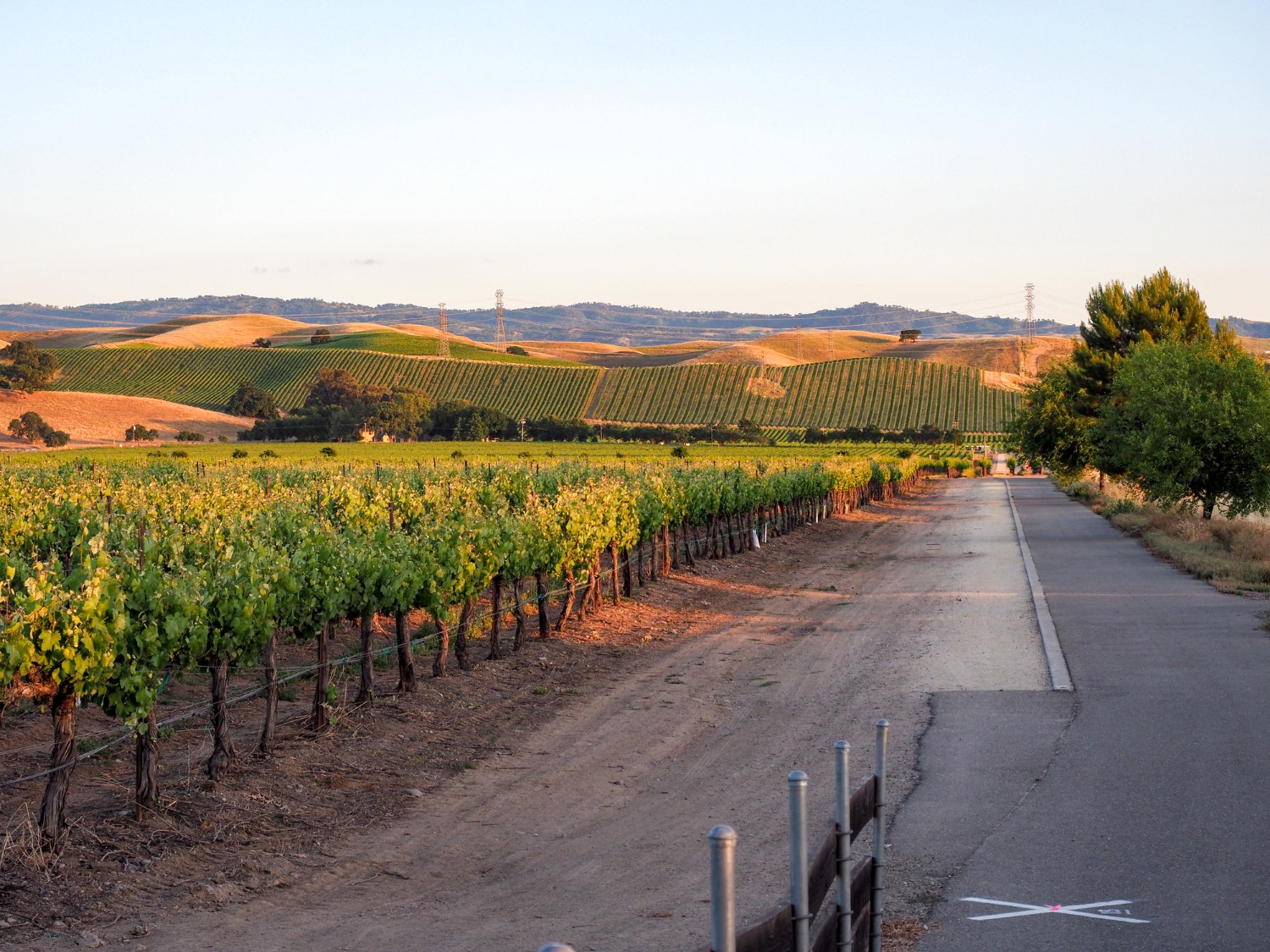



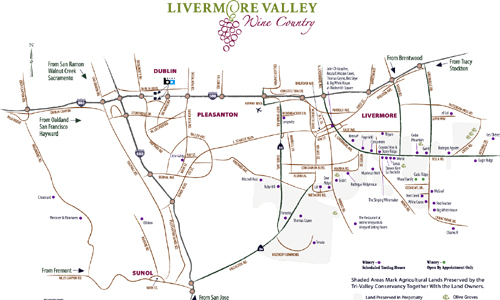
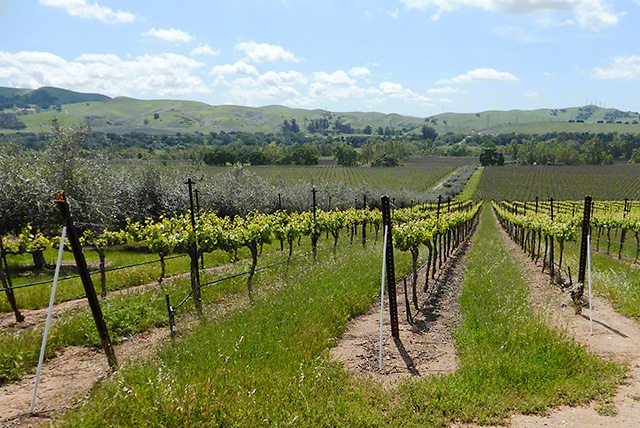
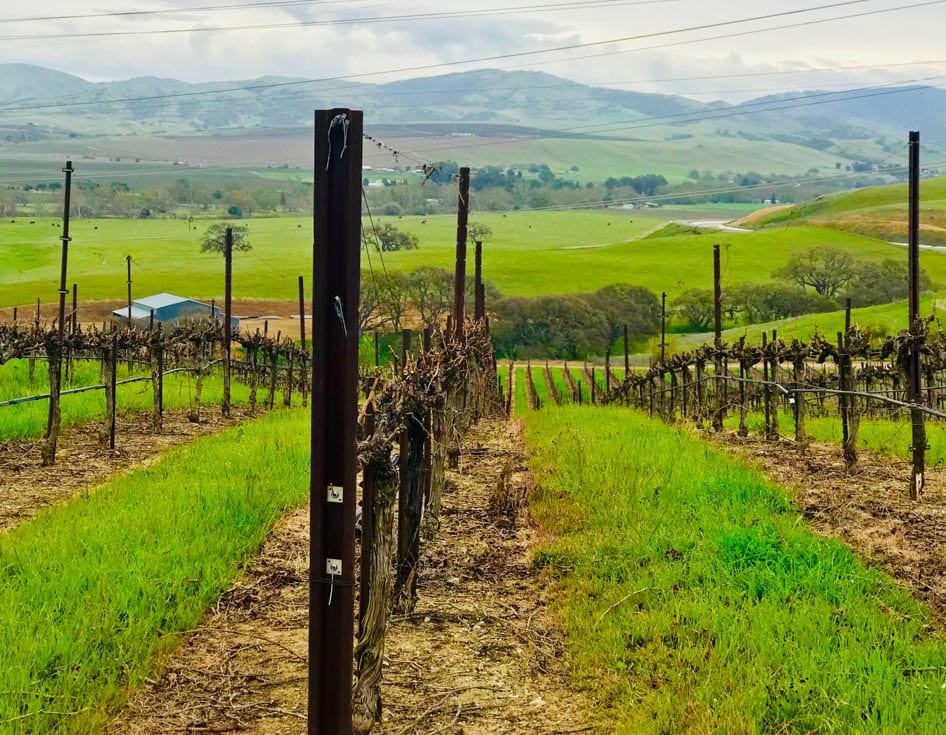
Closure
Thus, we hope this article has provided valuable insights into Navigating the Vineyards: A Guide to the Livermore Valley Wine Region. We thank you for taking the time to read this article. See you in our next article!